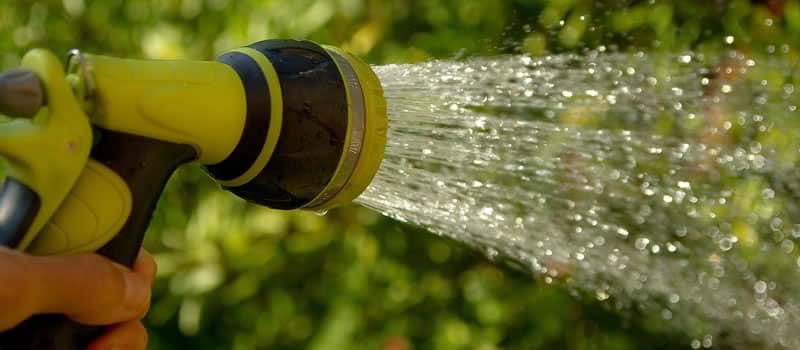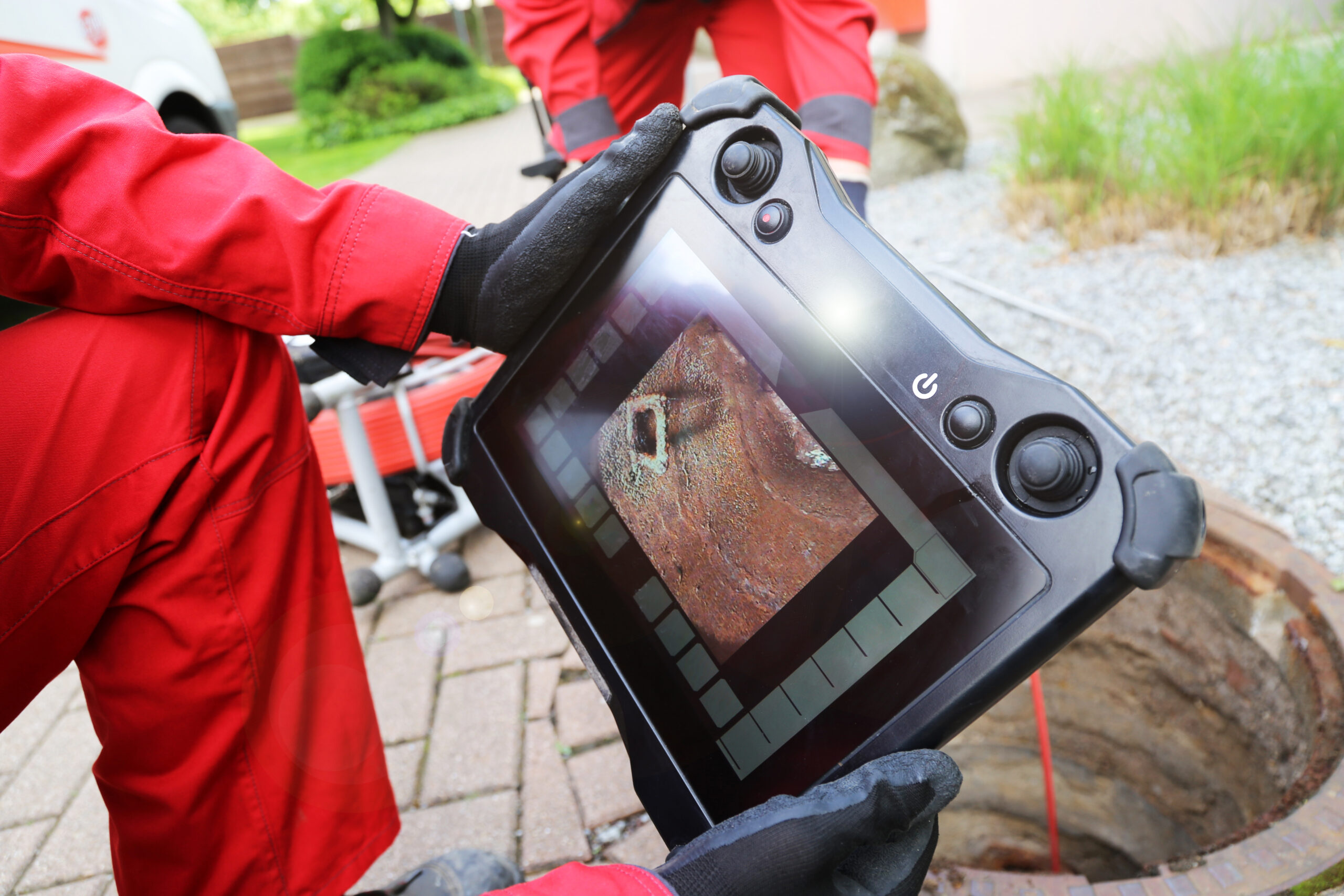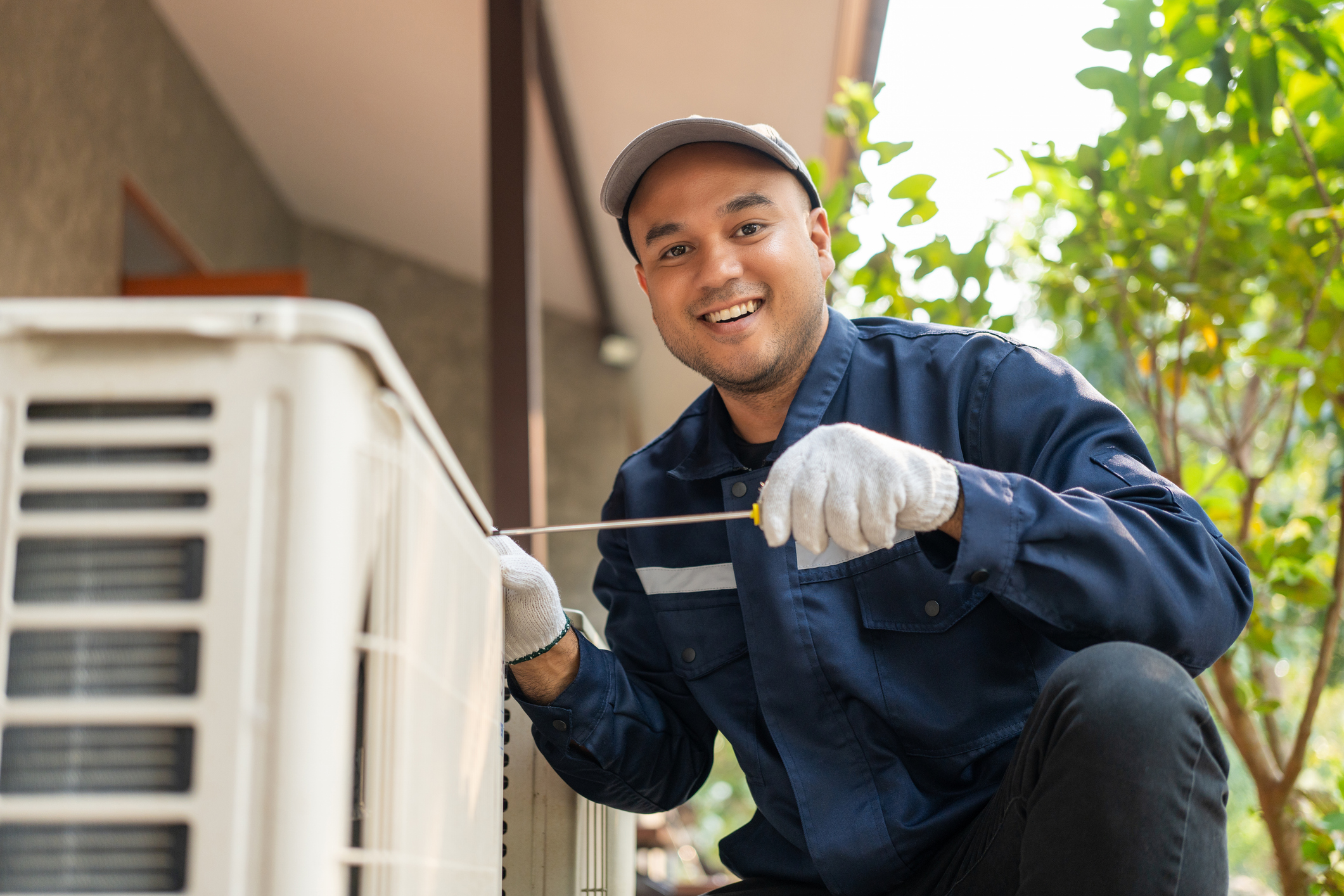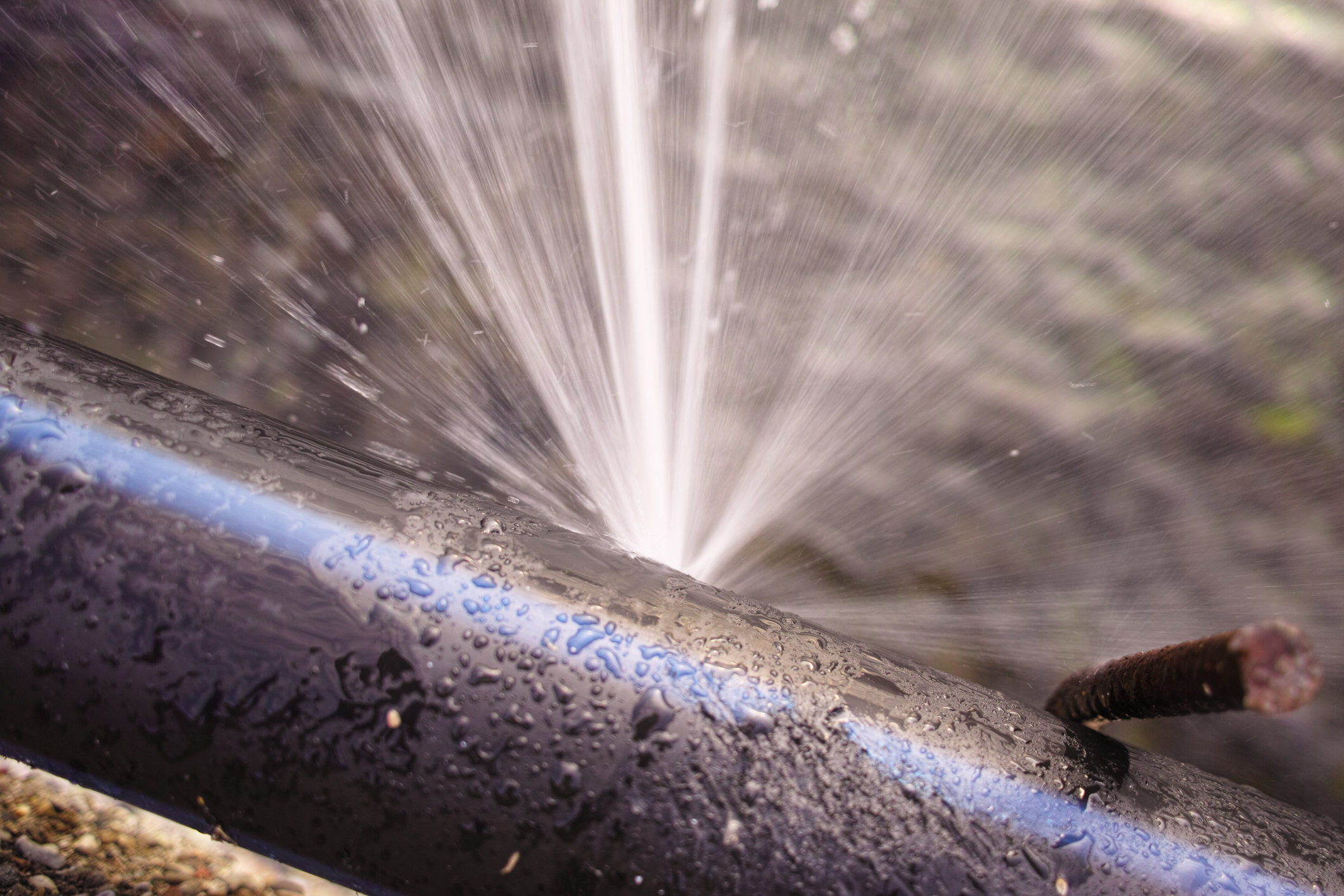Keeping an eye on water usage in your home saves money, reduces the burden on plumbing and septic systems and helps you detect and fix smaller problems before they become expensive repairs. If conserving water is important to you, keep reading for simple tips to help you save water this summer and all year long.
Check for Water Leaks

The sound of a constant “drip-drip” or a running toilet can certainly be annoying. More importantly, a seemingly innocuous dripping faucet can waste more than 2,500 gallons of water in a year. So, the first step for conserving water is finding any water leaks.
- Take a reading of your water meter.
- Don’t use any water for two to three hours.
- Check the water meter again. If the reading isn’t exactly the same, you have one or more water leaks in your home.
Mend Leaky Plumbing
Leaky fixtures at the faucet or handles often indicate worn washers. Usually, all you need to fix these problems are replacement washers and basic tools, such as a screwdriver and pliers.
Toilets are a common place for water leaks to occur. Check your toilets by putting food coloring inside the tank. If the food coloring seeps into the toilet bowl within an hour, you have a toilet flapper problem. The flapper may only need a simple alignment adjustment, or it may have scale deposits, which means it should be replaced.
Take another water meter reading if you make any water leak repairs. If the meter still detects water usage, you have a hidden water leak inside your home that requires your plumber’s attention.
Kitchen and Bath
Faucet aerators and low-flow shower heads are simple devices that can save a lot of water. Install, repair or replace the aerators in your home, and take a trip to your local home store to select new shower heads that serve your needs.
Use hot water only when absolutely necessary, and don’t use hot water for cooking unless your water heater is very well maintained. Neglected water heaters may contain an abundance of contaminants that shouldn’t be ingested.
And, we’ve all heard that you should wait until the clothes and dish washing machines are full before using them. If you’ve decided not to use hot water for the clothes washer to save energy, turn off the hot water valve. Even in “cold water” cycle, a small portion of hot water is used.
Outside Your Home
Plenty of water may be wasted in applications and activities outside the home, in addition to inside. Consider these summer water conservation tips:
- If you water your lawn, do so only during early morning hours and not more than twice a week.
- Consider installing a rain-sensing device that deactivates water sprinklers when rain is detected.
- Check all spigots and hoses for dripping water. Outdoor spigots are exposed to the elements which can wear handles and washers faster.
- Use a shut-off nozzle for water hoses.
- Limit the use of water hoses in washing off walkways and driveways. Use brooms or leaf blowers instead.
- If you use well water, listen for pump activity. If the pump turns on and off when no water is being used, you have a leak.
The best way to save water, energy and the headaches of plumbing problems is to have your home’s plumbing system inspected each year. To learn more about summer water conservation tips or to schedule service, please contact the plumbing experts at Edwin Stipe HVAC & Plumbing today. We’ve proudly provided homeowners exceptional services for more than 120 years.








